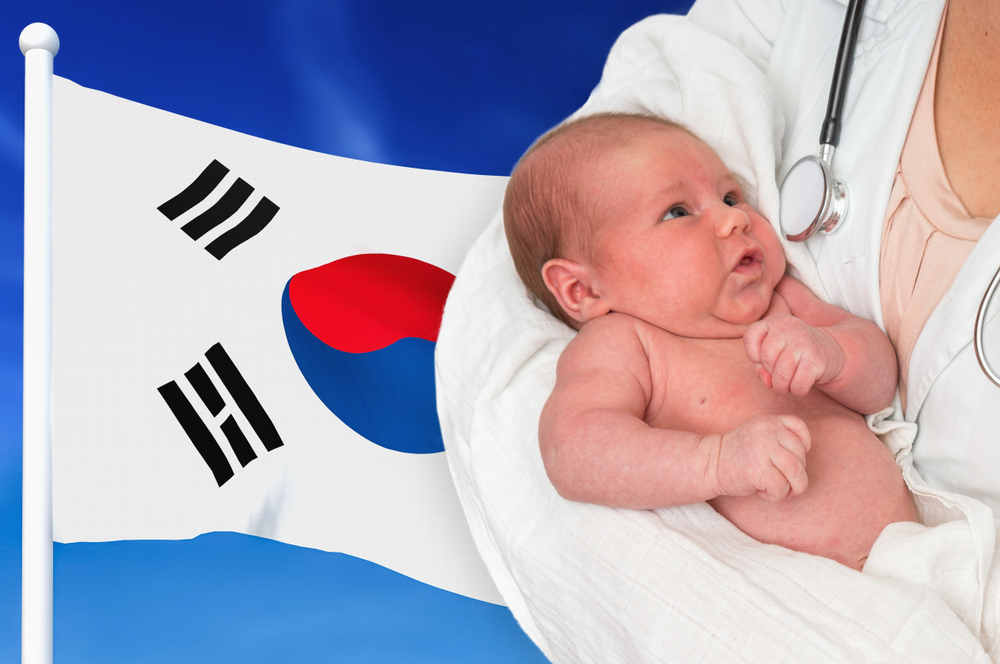South Korea is currently one of the few countries in the world with a fertility rate below 1
Others are reading now
South Korean President Yoon Suk Yeol has declared a national demographic emergency due to the alarming decline in the country’s population.
In response to the record-low birth rate, he has promised comprehensive measures to tackle this crisis.
“Today, I officially declare a national demographic emergency. We will activate an all-encompassing government response system until the low birth rate issue is resolved,” Yoon announced during a presidential committee meeting on population aging, as reported by elespanol.
Historic Low Fertility Rates
South Korea is currently one of the few countries in the world with a fertility rate below 1. On average, South Korean women have 0.72 children over their lifetimes, with the rate in the capital dropping to 0.55, the lowest in the country.
Also read
The national average is expected to fall to 0.68 by 2024.
The national statistics institute has estimated that South Korea’s population, now nearly 51 million, could be halved by 2100 if the trend continues.
Comprehensive Measures Proposed
To address this issue, Yoon has proposed developing three key areas: balancing work and life, improving childcare, and providing better housing.
This includes increasing parental subsidies, extending parental leave, implementing flexible work hours, and raising the age limit for reduced work hours for parents of young children.
Yoon also suggested creating a new ministry, “Low Birth Rate Response Planning,” and called for the National Assembly’s cooperation in revising the government organization law to establish this new ministry.
Despite previous government efforts to incentivize families to have children, young people remain reluctant due to high housing costs, expensive education, and long working hours.








